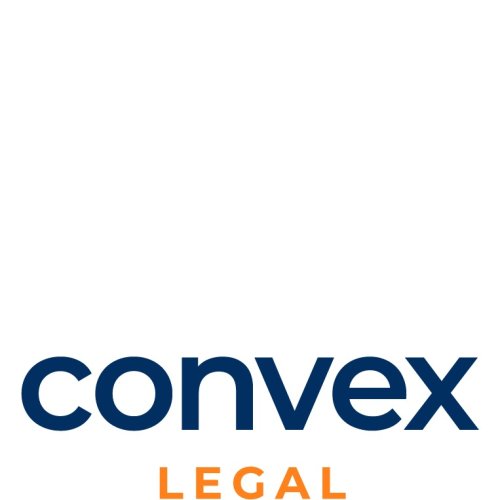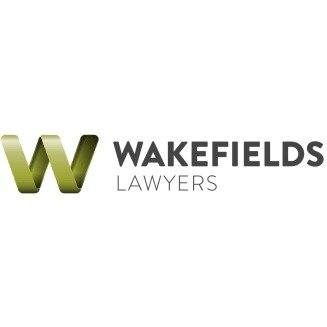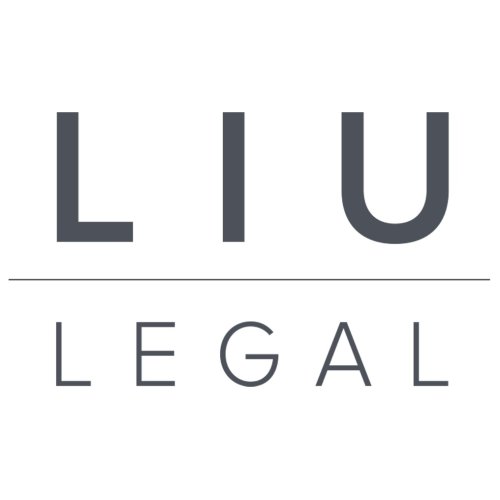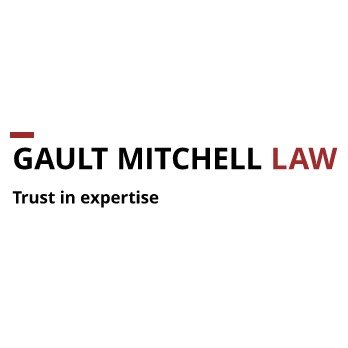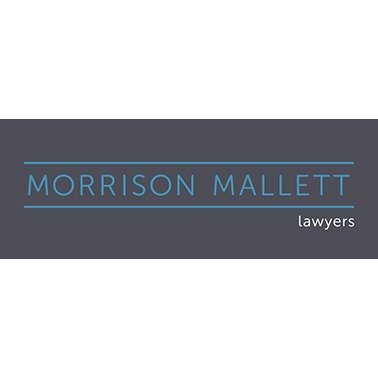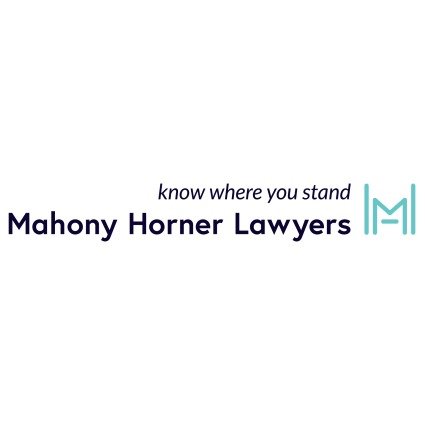Best Energy Regulatory Law Lawyers in Wellington
Share your needs with us, get contacted by law firms.
Free. Takes 2 min.
List of the best lawyers in Wellington, New Zealand
About Energy Regulatory Law in Wellington, New Zealand
Energy Regulatory Law in Wellington, New Zealand, governs the legal framework around the production, distribution, and consumption of energy, including electricity, gas, oil, and emerging renewables. With Wellington being a hub for government and regulatory bodies, many energy policies and initiatives are designed or implemented here. The sector is highly influenced by both national legislation and regional policies aimed at balancing sustainable development with consumer protection, market competition, and environmental goals. Energy Regulatory Law ensures the energy market operates transparently, safely, and efficiently, safeguarding public interest and supporting the transition to cleaner energy.
Why You May Need a Lawyer
Legal issues within the energy sector can be highly complex due to the intersection of commercial, environmental, and regulatory factors. You may need a lawyer if you encounter situations such as:
- Entering or renegotiating contracts for energy supply or infrastructure development
- Complying with intricate local and national regulations for energy projects
- Managing disputes over pricing, supply interruptions, or regulatory decisions
- Receiving or challenging enforcement actions from regulatory agencies
- Engaging in mergers, acquisitions, or joint ventures involving energy companies or assets
- Understanding your rights and obligations as an energy consumer or producer
- Transitioning into renewable energy projects and seeking related approvals
Legal professionals can provide expert guidance to minimize risks, protect your financial interests, and ensure regulatory compliance.
Local Laws Overview
Wellington follows national energy laws but also has region-specific policies influenced by local government and agencies. Some key aspects include:
- Electricity Industry Act 2010 - Regulates the electricity sector, including generation, distribution, and retail activities. Overseen by the Electricity Authority.
- Gas Act 1992 - Governs natural gas supply, safety, and market rules under the oversight of the Gas Industry Company and the Minister of Energy and Resources.
- Resource Management Act 1991 - Controls the environmental impact of energy projects, requiring resource consents for new infrastructure or changes to operations.
- Commerce Act 1986 - Promotes market competition in the energy sector while controlling price and quality for infrastructure monopoly providers.
- Climate Change Response Act 2002 - Directs regulation concerning greenhouse gas emissions, which increasingly affects energy businesses and projects.
Local councils in Wellington may adopt further policies on distributed generation, renewable energy incentives, and community consultation requirements.
Frequently Asked Questions
What is the role of the Electricity Authority in Wellington?
The Electricity Authority is a government agency responsible for regulating New Zealand's electricity market, ensuring reliable supply, and protecting consumer interests. Its powers and decisions apply nationally, including in Wellington.
Do I need consent to build renewable energy installations in Wellington?
Most new energy-generation projects, including solar or wind installations, require resource consent under the Resource Management Act. The Wellington City Council manages local consent processes.
What should I do if I have a dispute with my energy supplier?
First, contact your supplier to resolve the issue. If unresolved, you may escalate the complaint to Utilities Disputes, a free and independent dispute resolution service for energy customers in New Zealand.
Are there incentives for renewable energy in Wellington?
Incentive schemes can vary. Consult Wellington City Council for local programs and review national policies for grants or tax credits tied to renewable energy adoption.
How are energy prices regulated?
Prices are monitored and, in some cases, directly regulated by the Commerce Commission, especially for natural monopoly providers such as lines companies. Competitive market forces determine prices in some retail sectors.
Can homeowners sell electricity back to the grid?
Yes, subject to agreement with an electricity retailer and compliance with relevant technical and safety standards. Feed-in tariffs and contract terms vary by provider.
What health and safety rules apply to energy infrastructure?
Operators must comply with the Health and Safety at Work Act 2015, and sector-specific rules, including those set out by WorkSafe New Zealand for energy installations and operations.
How will proposed energy reforms affect consumers?
Energy reforms aim to make supply more reliable, affordable, and sustainable. Consumers may see changes in pricing, renewable options, and stronger protections depending on the legislation enacted.
Who regulates gas supply in Wellington?
The Gas Industry Company, acting under the Gas Act 1992, oversees wholesale and retail gas market governance. Safety is also monitored by WorkSafe New Zealand.
What happens if a company breaches energy regulations?
Regulators like the Electricity Authority and Commerce Commission can issue warnings, impose penalties, or take court action. Serious breaches may result in hefty fines or business restrictions.
Additional Resources
If you need more information or support on Energy Regulatory Law, consider these organizations and resources:
- Electricity Authority - Industry regulation and guidance
- Commerce Commission - Market competition and infrastructure regulation
- Gas Industry Company - Gas industry standards and governance
- Utilities Disputes - Dispute resolution for energy consumers
- WorkSafe New Zealand - Health and safety in energy sectors
- Wellington City Council - Local policies, resource management, and permitting
- Ministry of Business, Innovation and Employment (MBIE) - Central government policy and legislation
These bodies offer information, standards, or regulatory help for individuals and organizations involved in energy matters.
Next Steps
If you need legal assistance regarding Energy Regulatory Law in Wellington, it is recommended to:
- Document your issue or objective clearly, including relevant contracts, correspondence, or notices
- Consult official sources for regulatory requirements specific to your situation
- Seek specialized legal advice from a lawyer experienced in energy law who is familiar with Wellington's local nuances
- Consider mediation or official dispute resolution if conflicts arise
- Remain proactive with compliance to avoid future penalties or legal actions
Taking early legal advice can help you navigate the regulatory environment effectively and avoid costly or disruptive issues.
Lawzana helps you find the best lawyers and law firms in Wellington through a curated and pre-screened list of qualified legal professionals. Our platform offers rankings and detailed profiles of attorneys and law firms, allowing you to compare based on practice areas, including Energy Regulatory Law, experience, and client feedback.
Each profile includes a description of the firm's areas of practice, client reviews, team members and partners, year of establishment, spoken languages, office locations, contact information, social media presence, and any published articles or resources. Most firms on our platform speak English and are experienced in both local and international legal matters.
Get a quote from top-rated law firms in Wellington, New Zealand — quickly, securely, and without unnecessary hassle.
Disclaimer:
The information provided on this page is for general informational purposes only and does not constitute legal advice. While we strive to ensure the accuracy and relevance of the content, legal information may change over time, and interpretations of the law can vary. You should always consult with a qualified legal professional for advice specific to your situation.
We disclaim all liability for actions taken or not taken based on the content of this page. If you believe any information is incorrect or outdated, please contact us, and we will review and update it where appropriate.





